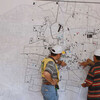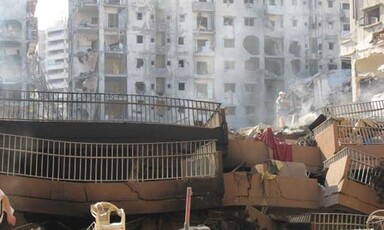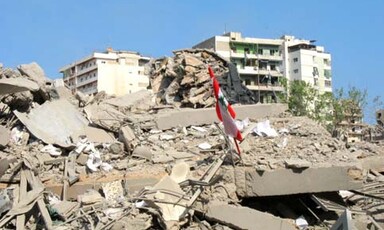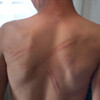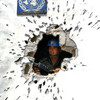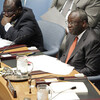
UN official paints grim picture of Palestinian situation
22 August 2006
Briefing the Security Council today on the situation of Palestinians in the Middle East, the top United Nations political officer painted a grim picture of developments over the past 12 months, warning that the vision of Israel and Palestine living peacefully side-by-side has slipped “further away,” and stressing the need for a renewed international effort in the region. In an open meeting of the Council, which also heard speeches from almost 30 countries, the Under-Secretary-General for Political Affairs, Ibrahim Gambari, listed six main reasons why the situation had changed so much from a year ago. Read more about UN official paints grim picture of Palestinian situation
